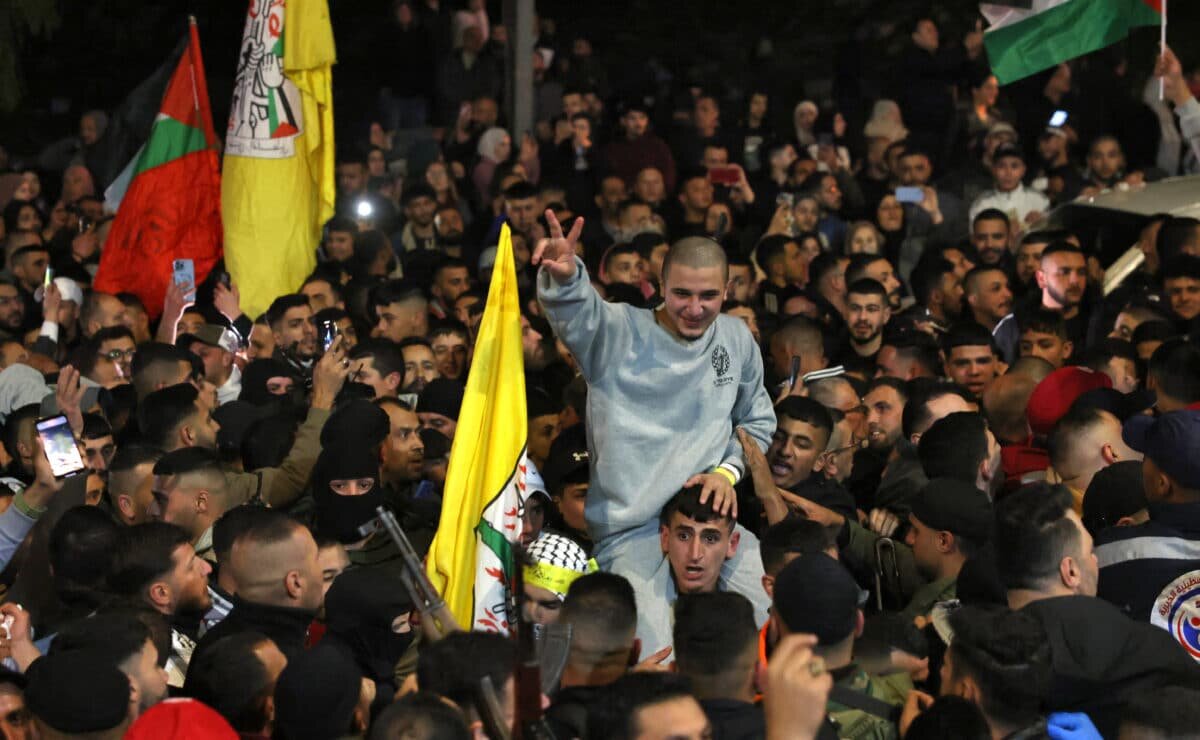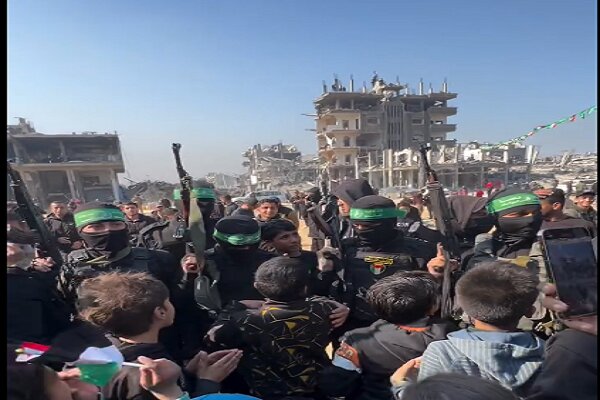Racists Express Discontent as Palestinians Celebrate the Return of Their Heroes
The recent release of Palestinian prisoners has sparked significant reactions, particularly from Israeli officials and settlers. The emotions surrounding this event highlight the ongoing tensions and the broader struggle between Palestinians and Israeli authorities. As communities celebrate the release of their loved ones, it becomes evident that this situation is not just about individual freedom; it embodies a larger narrative of resistance against oppression and injustice.
Israel’s response to the celebrations is steeped in anger and frustration. Rather than acknowledging the emotional and cultural significance of these celebrations, Israeli authorities perceive them as a direct challenge to their control. This article explores the implications of these events and the underlying sentiments that drive them.
- Release of Prisoners: The release of Palestinian prisoners is seen as a victory by many within the Palestinian community. These individuals have faced detention for protesting against what they perceive as Israeli aggression and occupation.
- Israeli Reaction: The anger expressed by Israeli officials, including Prime Minister Bibi Netanyahu, reflects a deeper sense of resentment towards Palestinian resilience and solidarity.
- Celebration Bans: On January 29, Israeli forces arrested 12 Palestinians in East Jerusalem who were celebrating the release, indicating a crackdown on expressions of joy and community solidarity.
- Settler Violence: Incidents of violence, such as settlers attacking vehicles in the Palestinian town of Sinjil, exemplify the tensions that arise from these celebrations.
Many of the released Palestinian prisoners are not criminals in the traditional sense; rather, they have been incarcerated for standing up against injustices such as:
- The confiscation of their lands.
- The destruction of olive trees that are vital to their livelihoods.
- The demolition of homes.
- The ongoing humanitarian crisis affecting 2.3 million people in the Gaza Strip.
The intense feelings of racism and hostility towards Palestinians are evident in the Israeli regime’s attempts to suppress celebratory gatherings. This reaction underscores a fear of the collective identity and spirit of the Palestinian people, who continue to assert their existence and rights despite facing severe oppression.
Moreover, the extreme right-wing factions within Israel, including West Bank settlers and hardliners like Netanyahu, are particularly unsettled by the resilience shown by Palestinians. These groups perceive Palestinian celebrations as a direct affront to their ideology and a reminder of their own vulnerabilities.
As tensions escalate, the more hostility directed towards Palestinians will likely amplify their resolve and solidarity. Celebrating the release of prisoners becomes a powerful act of defiance against the backdrop of systematic oppression. The emotional significance of these gatherings is profound, as they symbolize hope, resilience, and a determination to fight for justice.
In conclusion, the Israeli authorities’ attempts to suppress celebrations surrounding the release of Palestinian prisoners reveal a deeper narrative of fear and hatred. Instead of recognizing these events as expressions of joy and community, the Israeli regime’s reaction showcases a troubling trend of intolerance and repression. To move forward, it is essential for both sides to acknowledge the humanity in each other’s struggles and to seek a path toward understanding and reconciliation.






